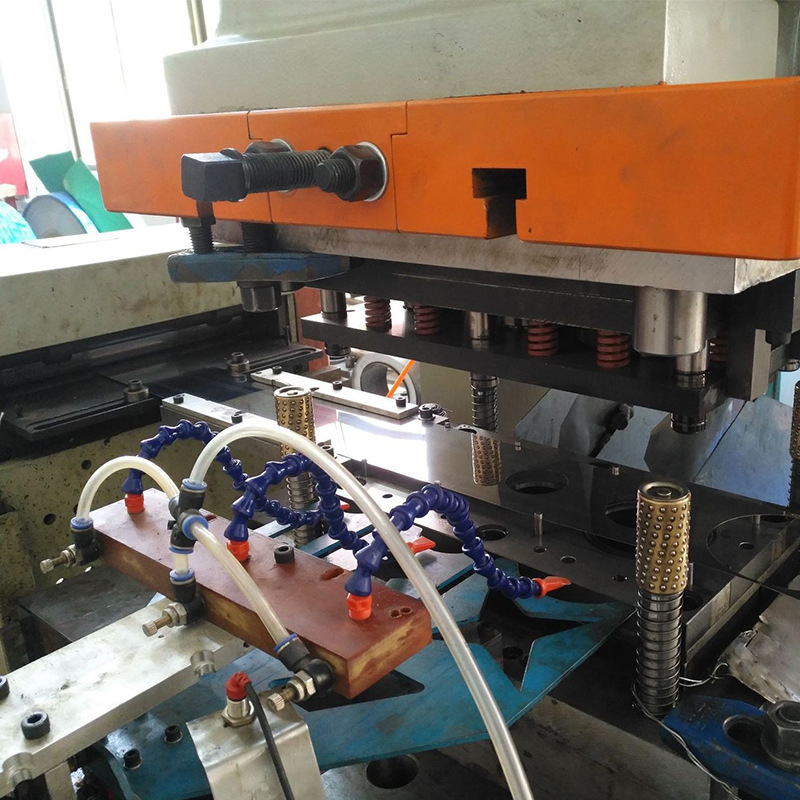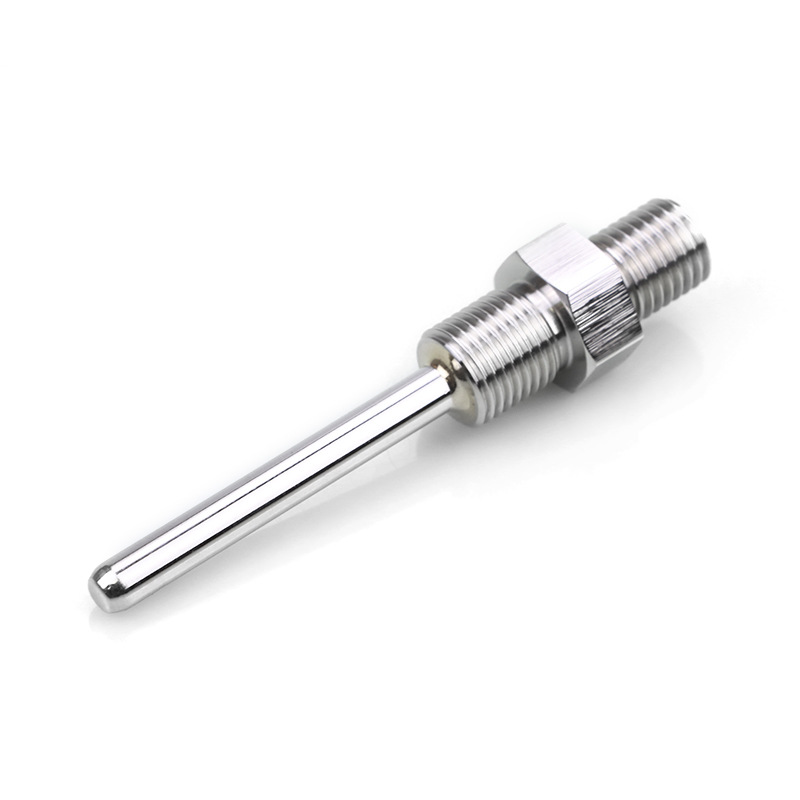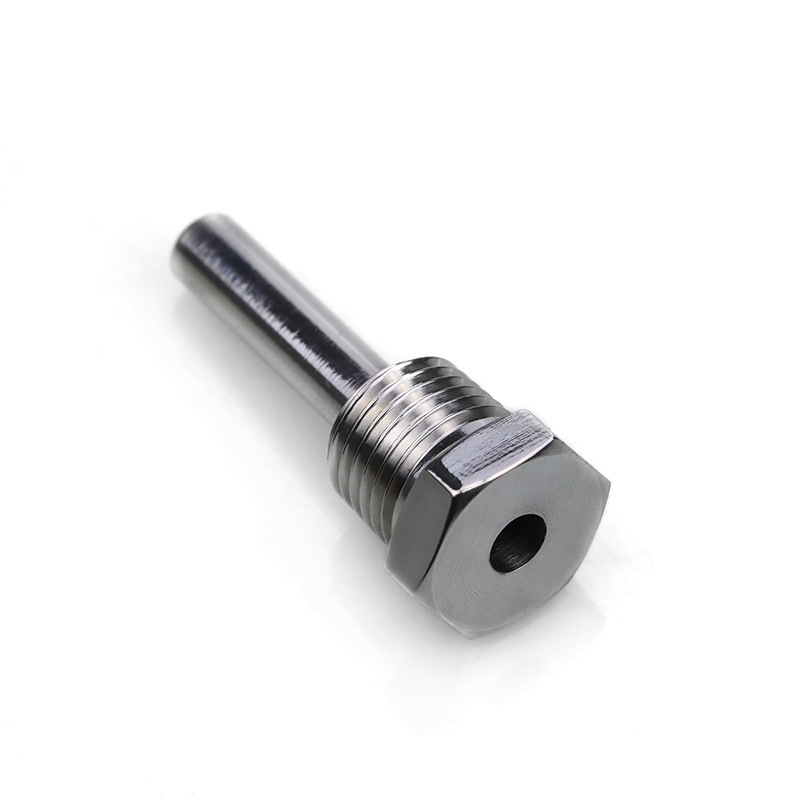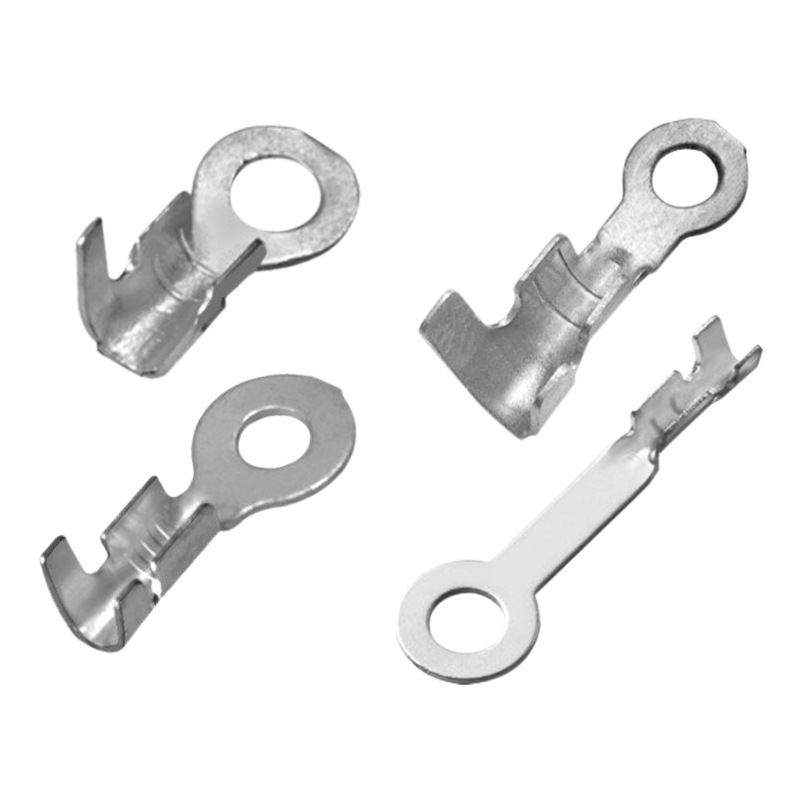CNC turning stands out as a cornerstone of modern manufacturing, delivering precision and efficiency.
This automated machining process produces complex parts by rotating a workpiece while a stationary cutting tool shapes it.
It’s especially renowned for crafting components with cylindrical features but is versatile enough to create intricate designs as well.
With its unmatched accuracy and speed, CNC (Computer Numerical Control) turning has become a go-to solution across various industries.
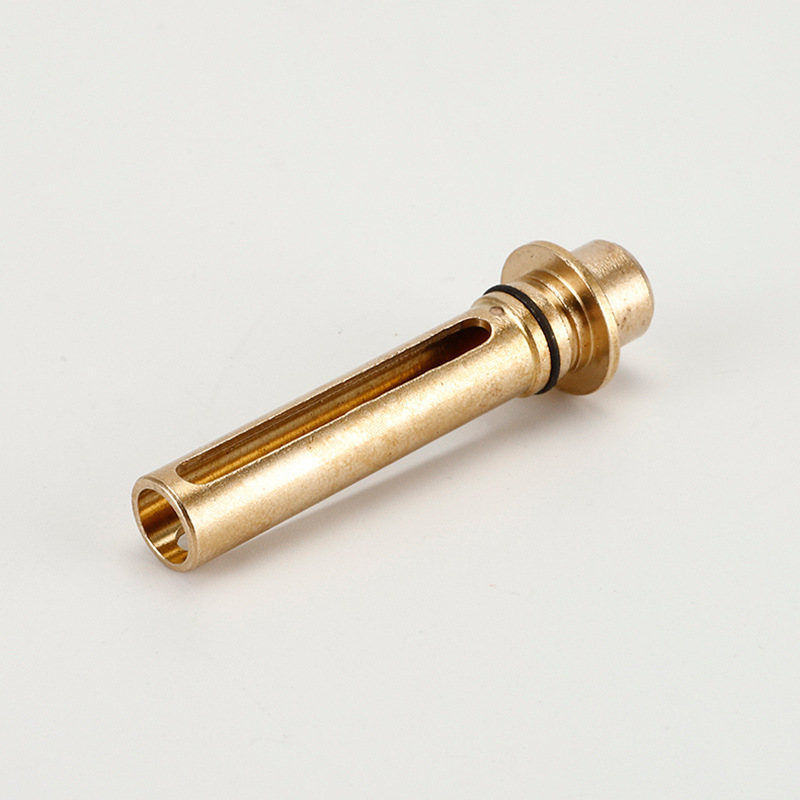
CNC turning is capable of producing a vast array of components, including shafts, bushings, pins, connectors, and even complex aerospace parts.
Its versatility and precision make it an indispensable process for industries requiring high-performance, reliable parts.
In this article, we’ll explore the capabilities of CNC turning, the specific types of components it can produce, and the industries that benefit most from its application.
Now, let’s explore how CNC turning meets the diverse needs of modern industries.
-
Table Of Contents
-
1. What Makes CNC Turning Indispensable for Modern Manufacturing?
-
2. Why CNC Turning Is a Must-Have for Precision Manufacturing
-
3. How Does CNC Turning Work?
-
4. What Types of Parts Can CNC Turning Produce?
-
5. What Else Can CNC Lathes Produce?
-
6. What Industries Benefit Most from CNC Turning?
-
7. How CNC Turning Meets Custom Manufacturing Needs
-
8. How to Ensure CNC Turned Parts Meet Your Specifications?
-
9. Materials Commonly Used in CNC Turning
-
10. Summary

Why CNC Turning Is a Must-Have for Precision Manufacturing
CNC turning is essential because it provides unparalleled accuracy, efficiency, and adaptability.
By automating the machining process, it eliminates the inconsistencies of manual operations, ensuring each part meets strict tolerances.
Whether it’s for automotive shafts, aerospace fittings, or medical implants, CNC turning delivers the precision and consistency that industries demand.
Additionally, its versatility enables manufacturers to meet the needs of various applications, enhancing productivity while reducing waste.
In the following sections, we’ll dive deeper into the parts CNC turning produces, the industries that rely on it, and how its capabilities can meet your specific manufacturing needs.
How Does CNC Turning Work?
CNC turning involves a rotating workpiece secured in a chuck or collet while a cutting tool moves along a programmed path.
Unlike traditional lathes, CNC machines operate with computer controls, allowing for high-speed, precision machining.
Advanced CNC lathes can even combine milling functions, enabling more complex geometries and multi-functional components.
This process is ideal for crafting both cylindrical and non-cylindrical parts, making it indispensable for industries that require intricate designs and tight tolerances.
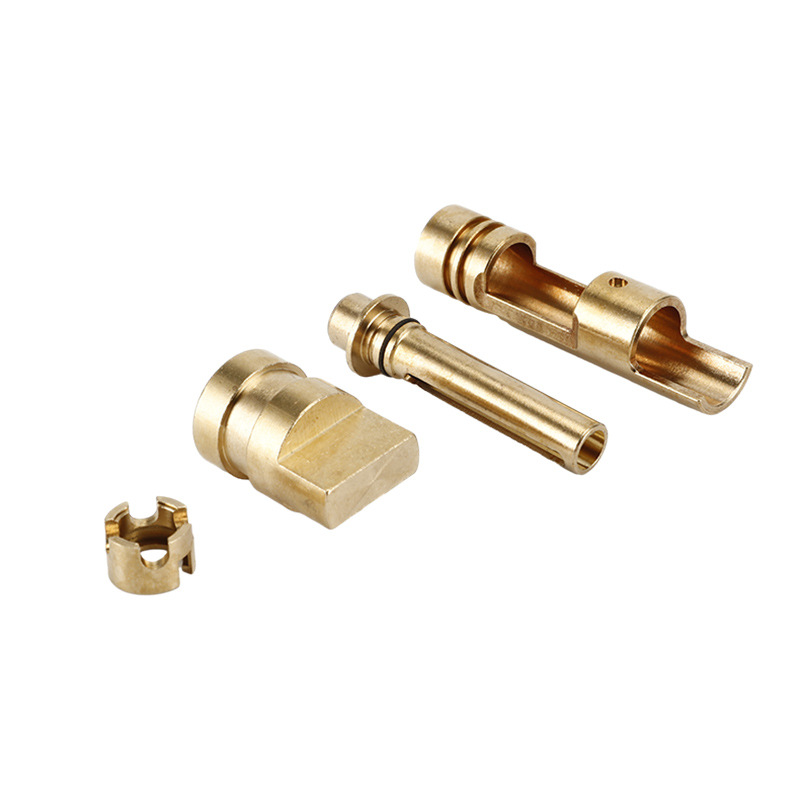
What Types of Parts Can CNC Turning Produce?
CNC turning is incredibly versatile, capable of manufacturing a broad range of components.
Below are some of the most common types:
1. Shafts
Shafts are crucial for transferring power and motion in mechanical systems.
Whether it’s a simple cylindrical rod or a complex camshaft with grooves and tapers, CNC turning delivers the precision necessary for flawless performance.
• Automotive: Drive shafts, camshafts, and crankshafts.
• Industrial Machinery: Turbine and compressor shafts.
2. Bushings
Bushings reduce friction between moving parts and are vital for smooth mechanical operations. CNC turning ensures they meet exact specifications.
• Hydraulic Systems: Piston and cylinder bushings.
• Automotive Suspensions: Enhancing durability and ride quality.
3. Pins
From dowel to spring pins, CNC turning produces these components with consistent quality.
• Precision Machinery: For accurate alignment.
• Automotive Assemblies: Securing components in engines and other systems.
4. Connectors and Fittings
Used in industries like aerospace and plumbing, these parts require tight tolerances to prevent leaks or failures.
• Hydraulic Connectors: For high-pressure systems.
• Aerospace Fittings: Lightweight and durable for critical applications.
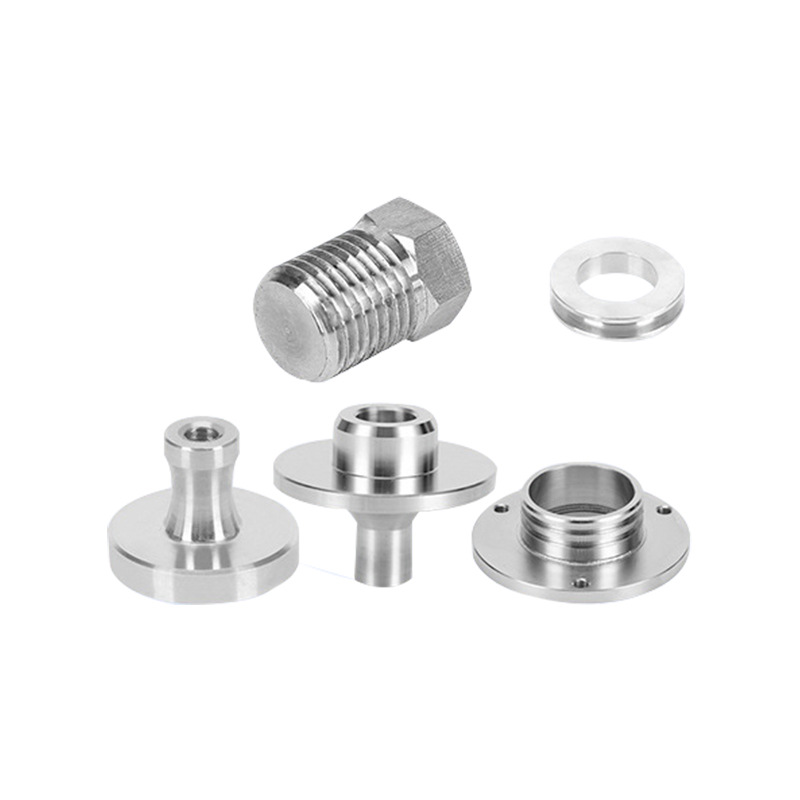
What Else Can CNC Lathes Produce?
1. Screws and Fasteners
CNC turning creates precise screws, bolts, and other fasteners used in a variety of industries.
• Construction: Structural fasteners.
• Electronics: Micro-screws for devices like smartphones and medical equipment.
2. Gears and Axles
These components are essential for power transmission and motion control in machinery.
• Industrial Equipment: Conveyor belts and robotic systems.
• Automotive Systems: Axles and transmission gears.
3. Pistons
Pistons, integral to engines and hydraulic systems, require precision to function effectively.
• Internal Combustion Engines: Powering vehicles and machinery.
• Hydraulic Systems: Generating force in heavy equipment.
4. Aircraft Components
CNC turning produces highly complex parts for aerospace applications.
• Turbine Blades: Critical for engine performance.
• Landing Gear Components: Durable and precise for safety-critical operations.
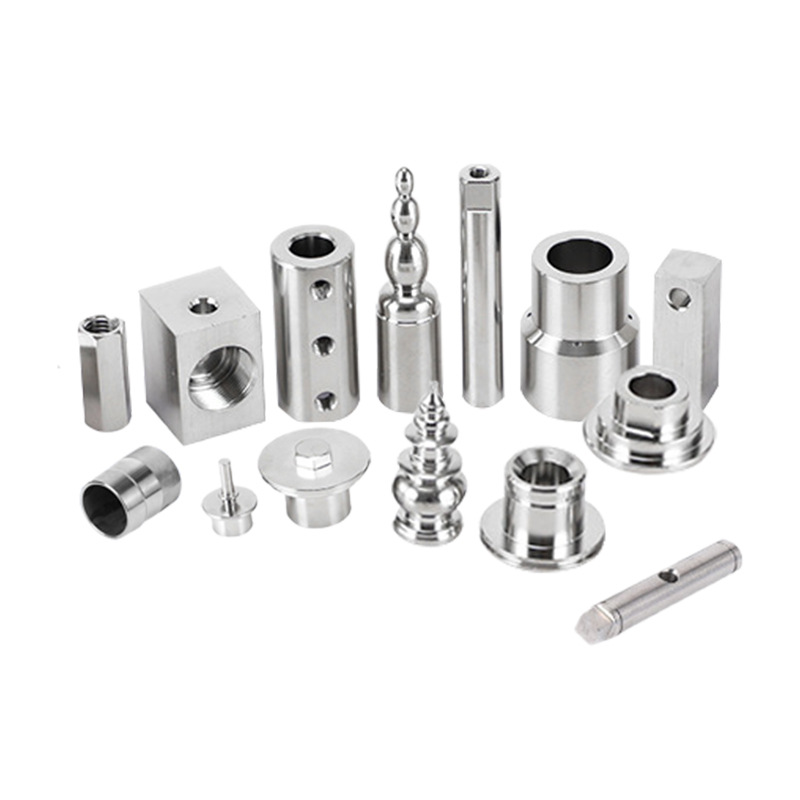
What Industries Benefit Most from CNC Turning?
CNC turning serves a wide array of industries, each with its unique demands for precision and reliability:
1. Automotive
CNC turning is used for essential parts like gears, shafts, and pistons, ensuring vehicle performance and safety.
2. Aerospace
With its need for lightweight, high-strength components, the aerospace industry relies heavily on CNC turning for turbine blades, fittings, and other critical parts.
3. Medical
Precision is non-negotiable in the medical field. CNC turning creates implants, surgical tools, and other devices with exacting standards.
4. Electronics
From connectors to fasteners, CNC turning delivers the intricate components required for modern electronics.
5. Industrial Machinery
Heavy machinery relies on durable and precise parts like bushings, gears, and shafts, all made efficiently through CNC turning.
How CNC Turning Meets Custom Manufacturing Needs
CNC turning’s flexibility makes it the perfect solution for custom manufacturing. Whether you need a prototype for a new product or a high-volume production run, CNC turning offers:
• Rapid Turnaround: Fast production without sacrificing quality.
• Material Versatility: Machining everything from metals like aluminum and brass to advanced composites and plastics.
• Scalability: Suitable for both small-scale projects and mass production.
By choosing CNC turning, manufacturers can ensure that their custom parts meet exact specifications, reducing time-to-market and boosting competitiveness.
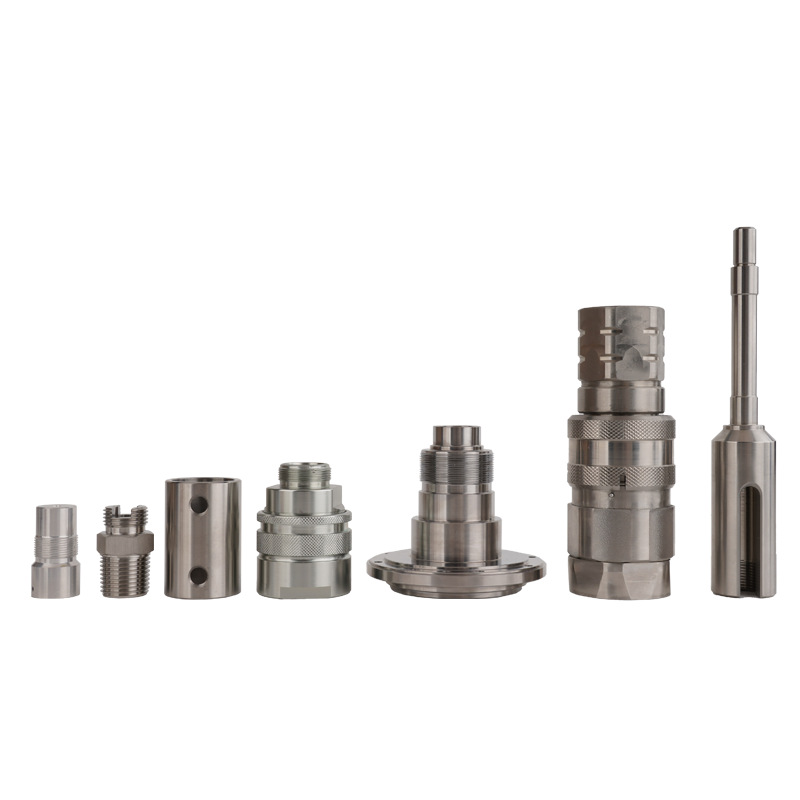
How to Ensure CNC Turned Parts Meet Your Specifications?
For buyers, ensuring that CNC turned parts meet precise specifications is crucial. Here’s how you can stay in control:
1. Provide Detailed CAD Drawings: Clear and comprehensive designs help manufacturers understand your exact requirements.
2. Specify Tolerances and Surface Finishes: Clearly define the tolerances and finishes needed to ensure functional and aesthetic quality.
3. Request Prototypes: Before committing to large-scale production, ask for a prototype to verify that the part meets your expectations.
4. Communicate Regularly: Maintain open communication with the manufacturer to address any design changes or quality concerns promptly.
These steps help you get the exact parts you need without costly revisions.
Materials Commonly Used in CNC Turning
CNC turning machines can process a wide variety of materials, each suited to specific applications:
• Metals: Steel, aluminum, brass, titanium, and copper.
• Plastics: Nylon, polycarbonate, acrylic, and more.
• Composites: Carbon fiber and fiberglass for lightweight, high-strength applications.
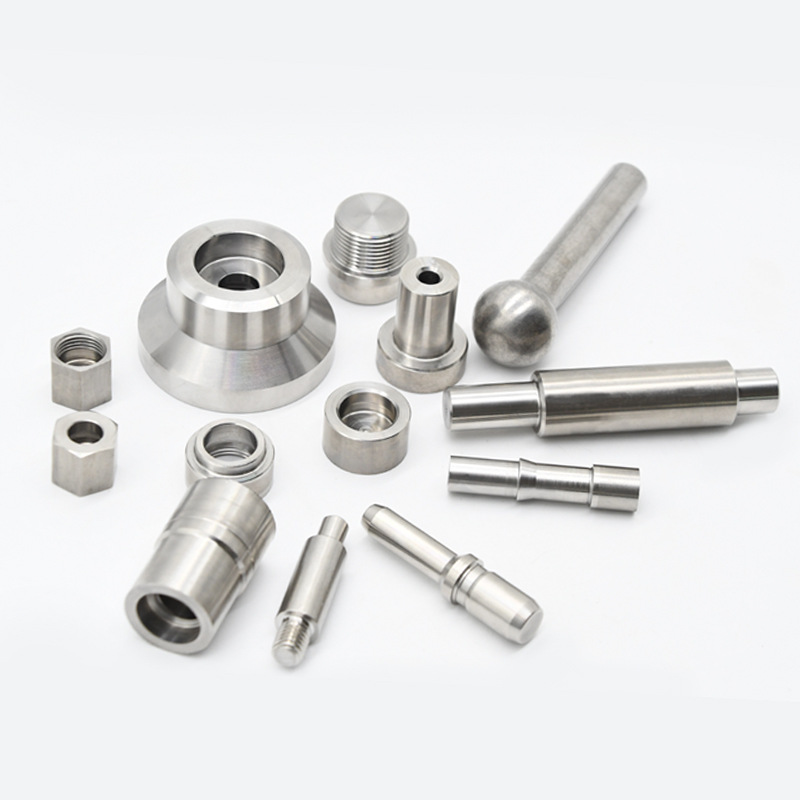
Conclusion
CNC turning is a game-changer in modern manufacturing, capable of producing an extensive range of high-precision parts.
From automotive shafts to aerospace turbine blades, this process ensures the accuracy, efficiency, and flexibility demanded by today’s industries.
Whether you need custom prototypes or mass-produced components, CNC turning offers a reliable solution to meet your exact needs.
If you’re considering CNC turning for your next project, understanding its capabilities and applications will help you make informed decisions and achieve optimal results.



